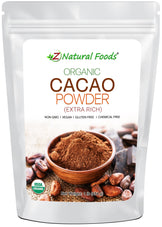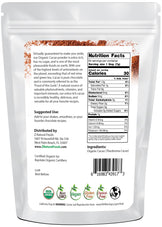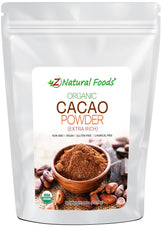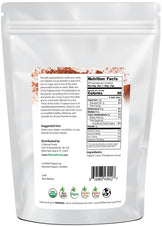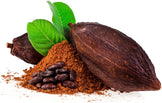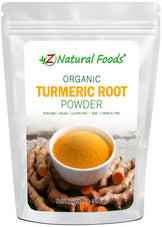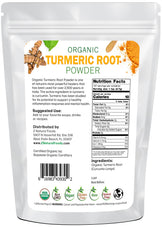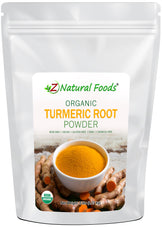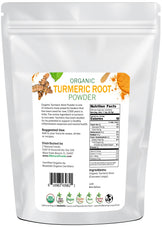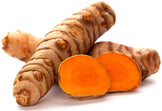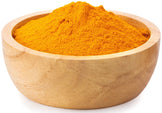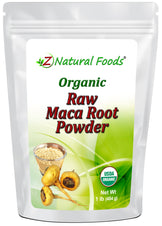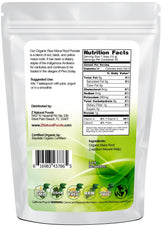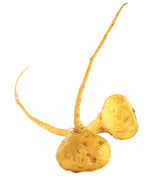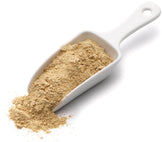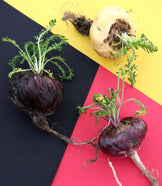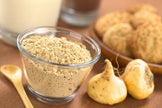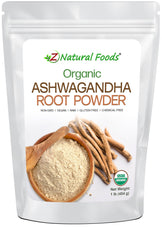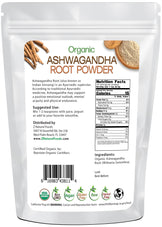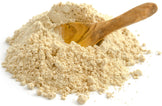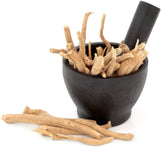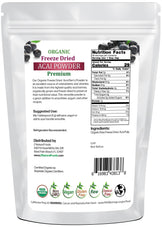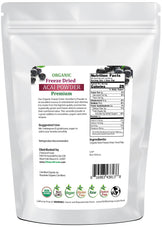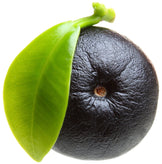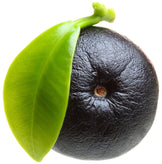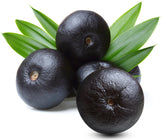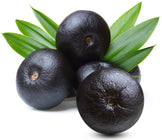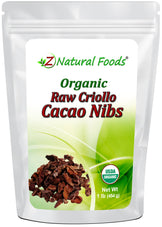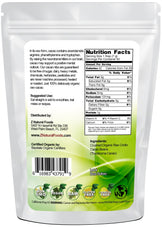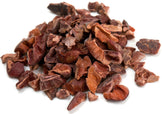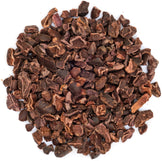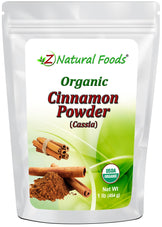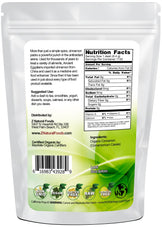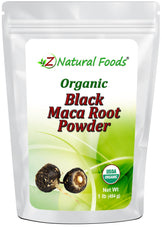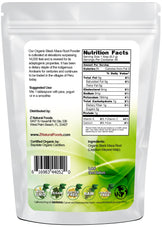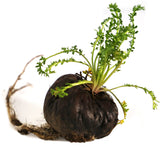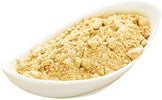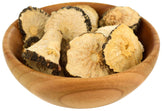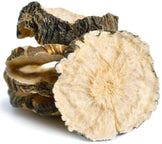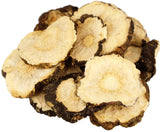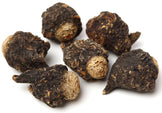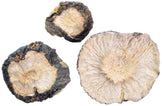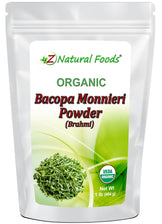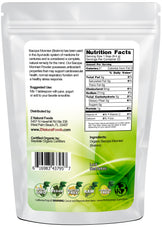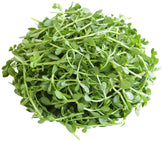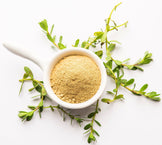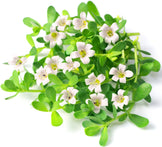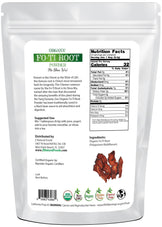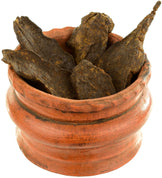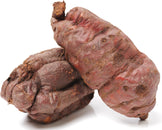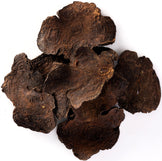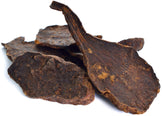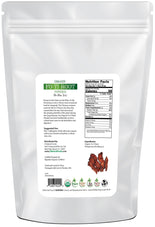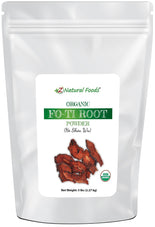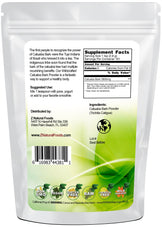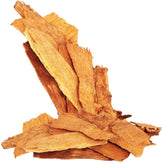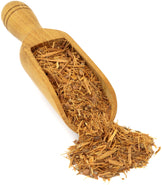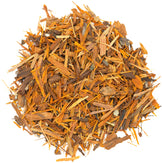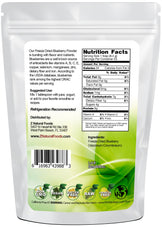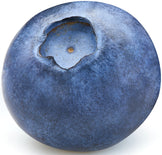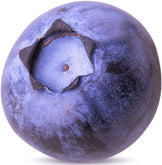Memory & Brain Health

In Western medicine, memory is categorized into four types: short-term, long-term, working, and sensory memory, each serving various functions in information processing and retention (Baddeley, 1992, Psychological Review). The neurobiological substrates of these memory types have been explored extensively, suggesting that different brain regions are responsible for each (Eichenbaum, 2000, Neuron). Traditional Chinese Medicine (TCM) attributes memory loss to five disharmonious patterns, often accompanied by symptoms like dizziness and insomnia. These include 1) Blood Deficiency, usually resulting from insufficient Spleen Qi, affecting nourishment (Chen et al., 2013, Journal of Traditional Chinese Medicine); 2) Kidney Yin Deficiency, leading to false heat symptoms due to fluid depletion (Wang et al., 2018, Chinese Medicine); 3) Yin Deficiency, which compromises cooling and nurturing functions; 4) Heart Blood Deficiency, affecting the mind (Shen), often stemming from inadequate Spleen Qi (Huang et al., 2019, Evidence-Based Complementary and Alternative Medicine); 5) Kidney Essence Deficiency, related to both Kidney Yin and Yang, impacting brain development (Li et al., 2016, Journal of Integrative Medicine). These perspectives offer holistic approaches to memory-related issues.
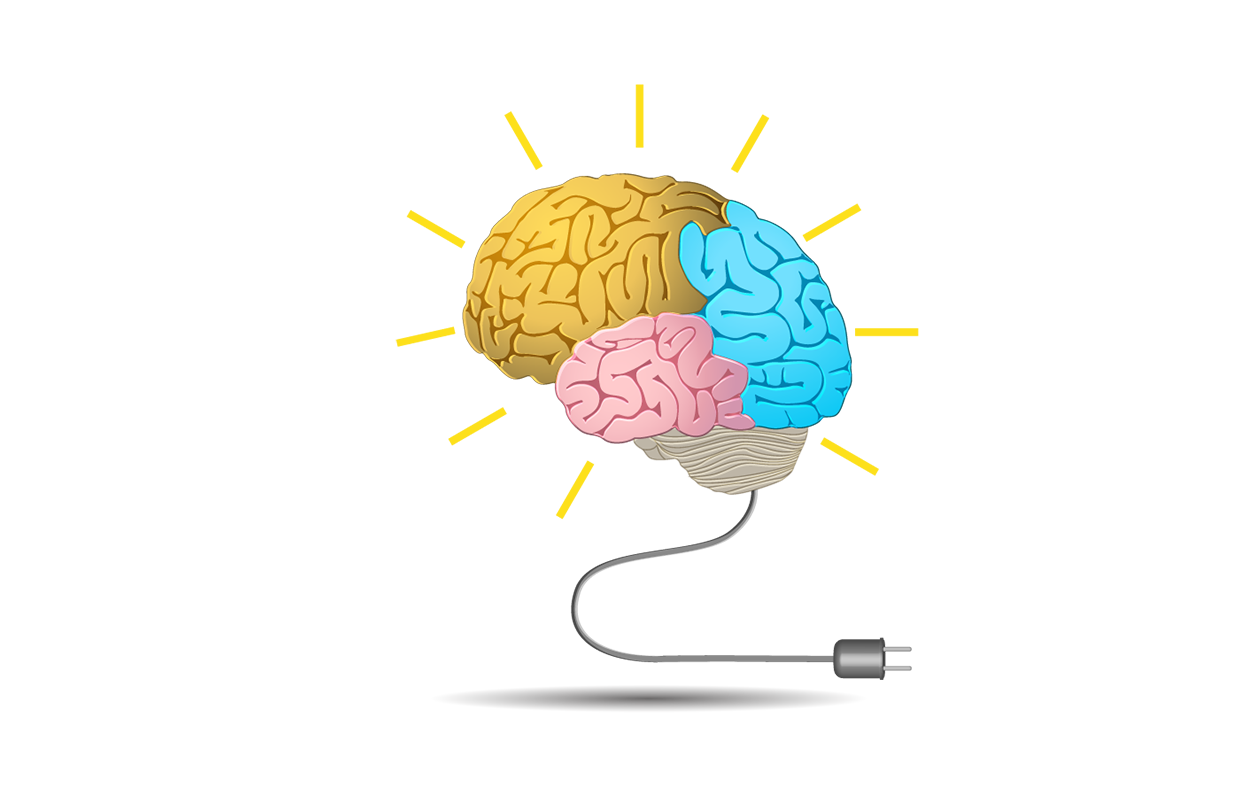
Categorieswhen you select any items page will be refresh and focus will be move out of the page
Health Concerns
Cacao Powder - Extra Rich - Organic
Organic Extra Rich Cacao Powder You walk into the store and make a b-line down your favorite aisle to purchase what many believ...
Current price$19.99
Turmeric Root Powder - Organic
Turmeric, a member of the ginger family, is native to India and one of humankind's oldest spices. It has been used for centurie...
Current price$10.99
Maca Root Powder - Organic Raw
Maca root is a root vegetable native to the Andes mountains of Peru, where it has long been used as a nutritional supplement an...
Current price$13.99
Ashwagandha Root Powder - Organic
The name ashwagandha is derived from two Sanskrit words – ‘ashwa’ meaning horse and ‘gandha’ meaning smell. This refers to the ...
Current price$21.99
Acai Berry Powder Premium - Organic F...
The Acai Berry, scientifically known as Euterpe Oleracea, is a superfruit indigenous to the Amazon Rainforest. This freeze-drie...
Current price$44.99
Cacao Nibs - Organic
Cacao nibs have been around since the early days of the Aztecs and Mayans. They were used as currency and often consumed for th...
Current price$19.99
Cinnamon Powder (Cassia) - Organic
Cassia Cinnamon powder is derived from the inner bark of the cassia tree, which is native to Southeast Asia. It has been used f...
Current price$11.99
Maca Root Powder (Black) - Organic Raw
Black maca powder is derived from the root of the maca plant, which is native to the high Andes Mountains of Peru. It is one o...
Current price$13.99
Bacopa Monnieri (Brahmi) Powder - Org...
Bacopa monnieri, also known as Brahmi, is an herb used in the traditional Ayurvedic system for thousands of years. It is native...
Current price$14.99
Fo-Ti Root Powder (Ho Shou Wu) - Organic
Organic Fo-ti root, also known as He Shou Wu, is an ancient medicinal plant native to Eastern Asia. It is a climbing vine that ...
Current price$29.99
Catuaba Bark Powder
Catuaba bark powder is harvested from the Catuaba tree, which is native to the Amazon rainforest in South America. For centuri...
Current price$19.99
Blueberry Powder - Freeze Dried
Z Natural Food believes the combination of tradition and science is a match made in heaven. These are the principle fundamenta...
Current price$39.99
Feel Better. Look Better. Be Better.
Get on the list for actionable Health & Nutrition advice every week.

